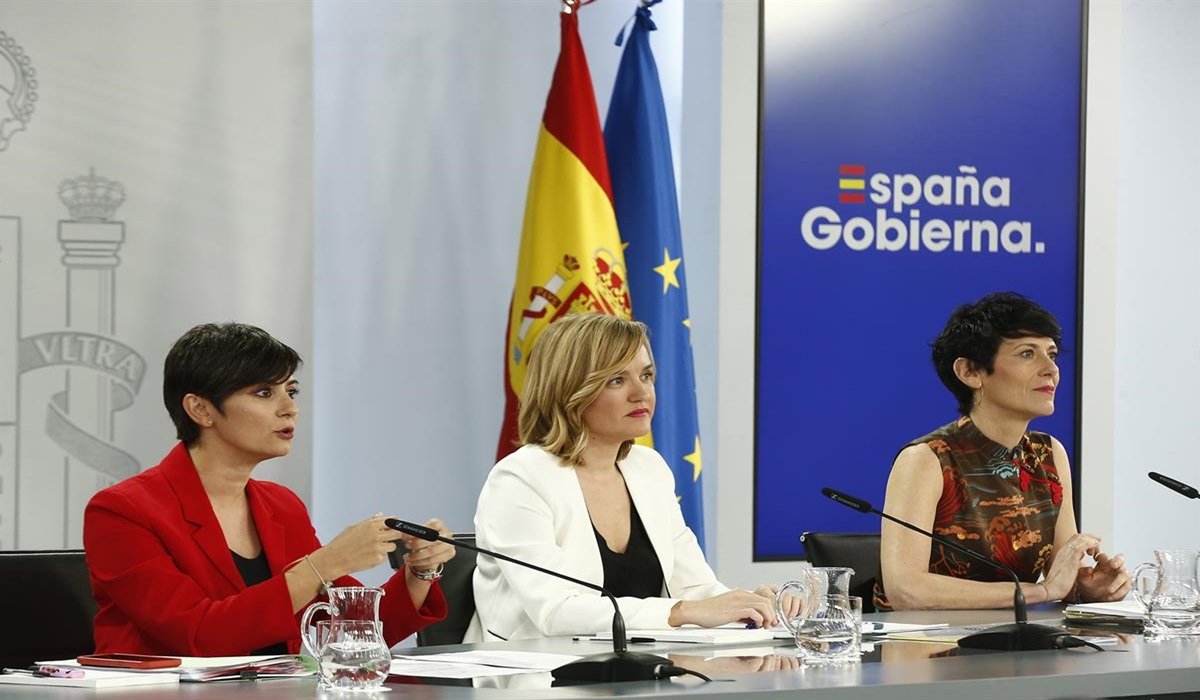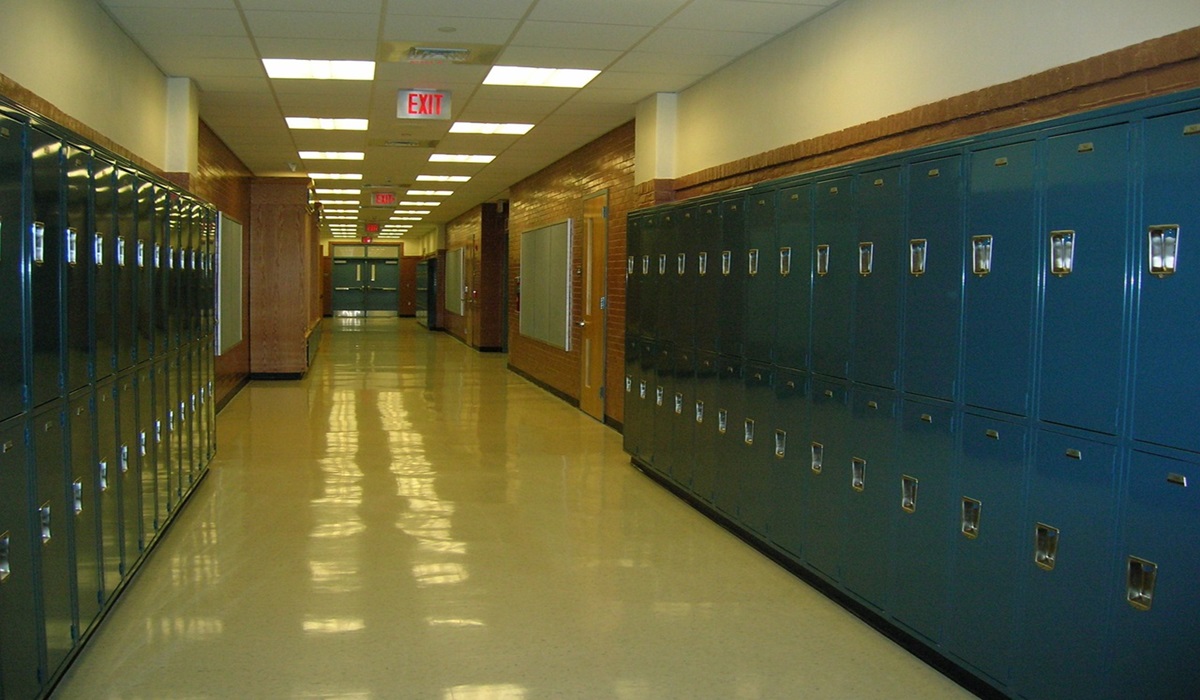Government of Spain Moves to Abolish Golden Visas for Real Estate Investment
- Ingrid Jones
- D.O.C Supplements - Trending News
- Europe
- Latin
- April 18, 2024

In a bold move aimed at reshaping the housing market and ensuring access to affordable accommodation, the Spanish government has announced plans to eliminate residence visas for real estate investors. The decision comes alongside the activation of a 2 billion euro guarantee facility to foster the construction of 40,000 public and private housing units for social rental purposes.
The Council of Ministers convened to scrutinize a report proposing amendments to the law that currently grants non-EU citizens residency permits upon purchasing property worth over 500,000 euros, effectively terminating the so-called real estate golden visa program.
Isabel Rodríguez, the Minister for Housing and Urban Agenda, emphasized the government’s commitment to tackling the housing crisis through multifaceted approaches. “We are utilizing all available tools to address housing challenges,” stated Rodríguez, outlining four key strategies: bolstering affordable housing supply, facilitating financing for various stakeholders, streamlining construction procedures, and addressing exceptional housing needs in areas with high prices and limited residential options.
Since its inception in 2013, the golden visa scheme has issued 14,576 visas tied to real estate investments, predominantly to nationals from China, Russia, the United Kingdom, the United States, Ukraine, Iran, Venezuela, and Mexico. The bulk of these investments have centered around provinces such as Barcelona, Madrid, Malaga, Alicante, the Balearic Islands, and Valencia, which collectively account for 90% of the visas granted nationwide.
Rodríguez underscored the detrimental impact of such investments on the housing market, citing increased housing prices and speculative activities. She emphasized the government’s determination to curb speculation, which has surged since 2022, coinciding with a doubling in the issuance of real estate visas.
To redirect investments towards more socially beneficial avenues, Rodríguez advocated for amending the existing law to redirect funds from residential investments towards affordable housing initiatives and property rehabilitation projects.
Additionally, Rodríguez presented a report to the Council of Ministers detailing the utilization of funds from the Recovery, Transformation, and Resilience Plan to promote the construction of high-quality social rental housing. Notably, the plan has allocated 5.52 billion euros to urban rehabilitation and regeneration efforts, aiming to renovate 300,000 homes annually by 2030.
The report highlighted the creation of 188,000 jobs in the construction sector, improvements in energy efficiency, and a reduction of up to 650,000 tonnes of CO2 emissions per year.
Furthermore, the government unveiled measures to bolster housing construction and facilitate access to mortgages. A 2 billion euro credit facility was authorized to partially guarantee loans under the Housing Facility of the Recovery, Transformation, and Resilience Plan, with an aim to finance up to 40,000 homes for social rent or at affordable prices.
Additionally, a 2.5 billion euro guarantee facility was activated to assist young people under 35 and families with dependent children in purchasing their first homes, with guarantees covering up to 20% of the mortgage amount or 25% for energy-efficient properties.
These initiatives mark a significant step towards reshaping Spain’s housing landscape, prioritizing affordability, and fostering sustainable growth in the real estate sector.








